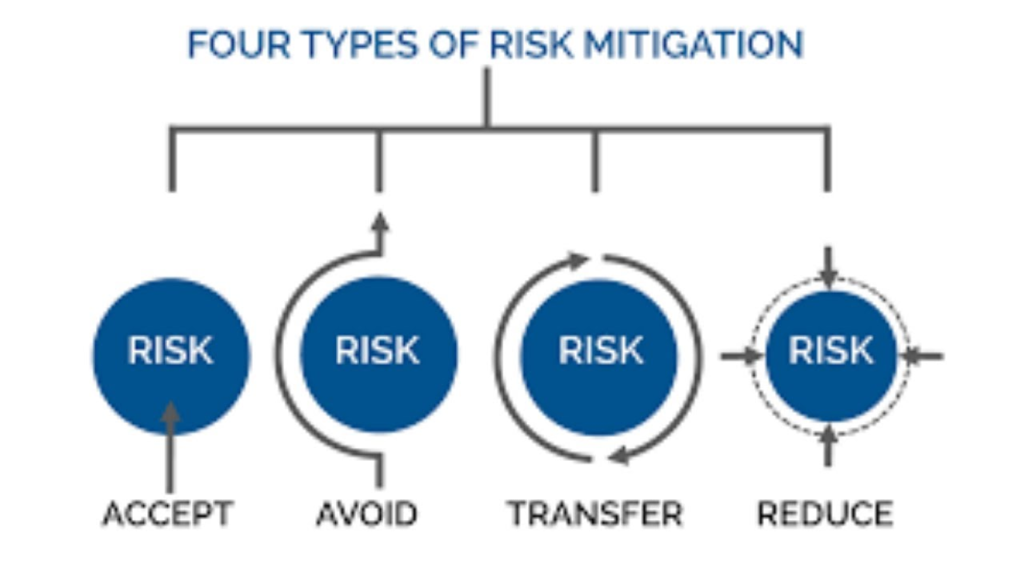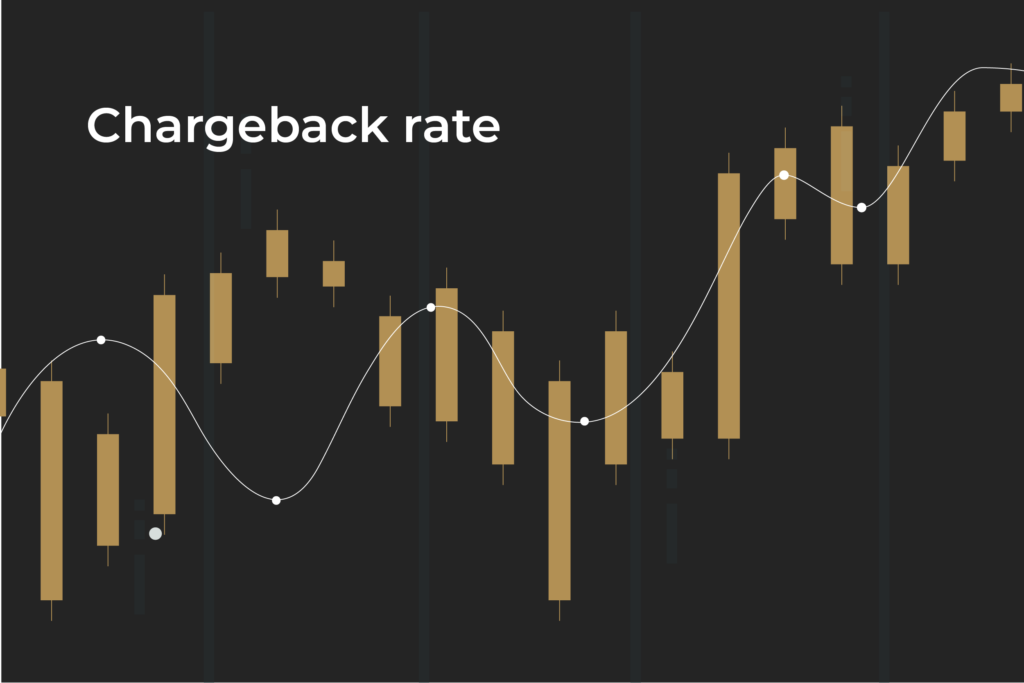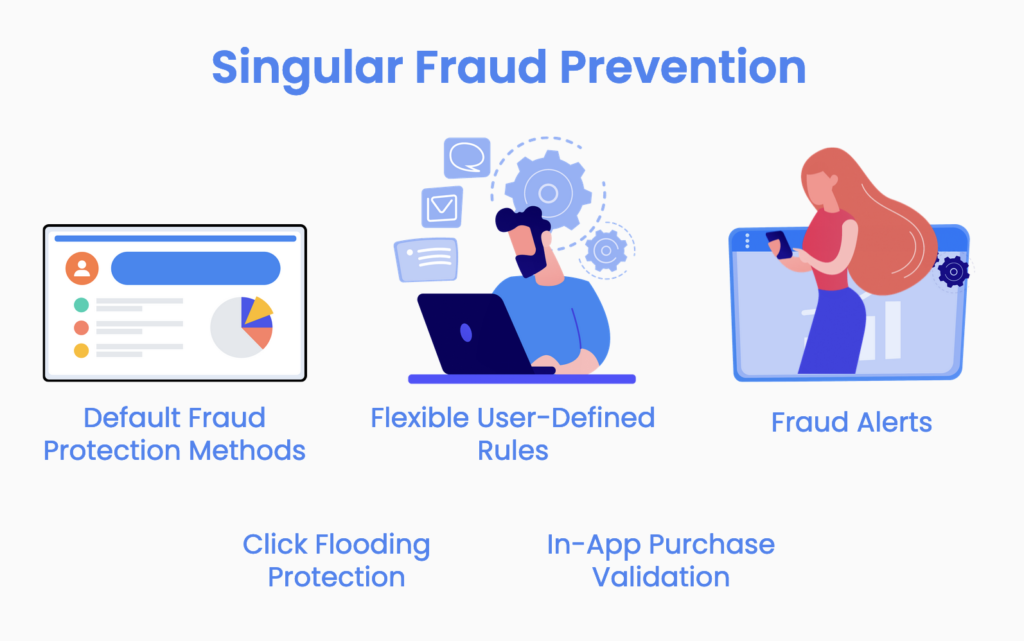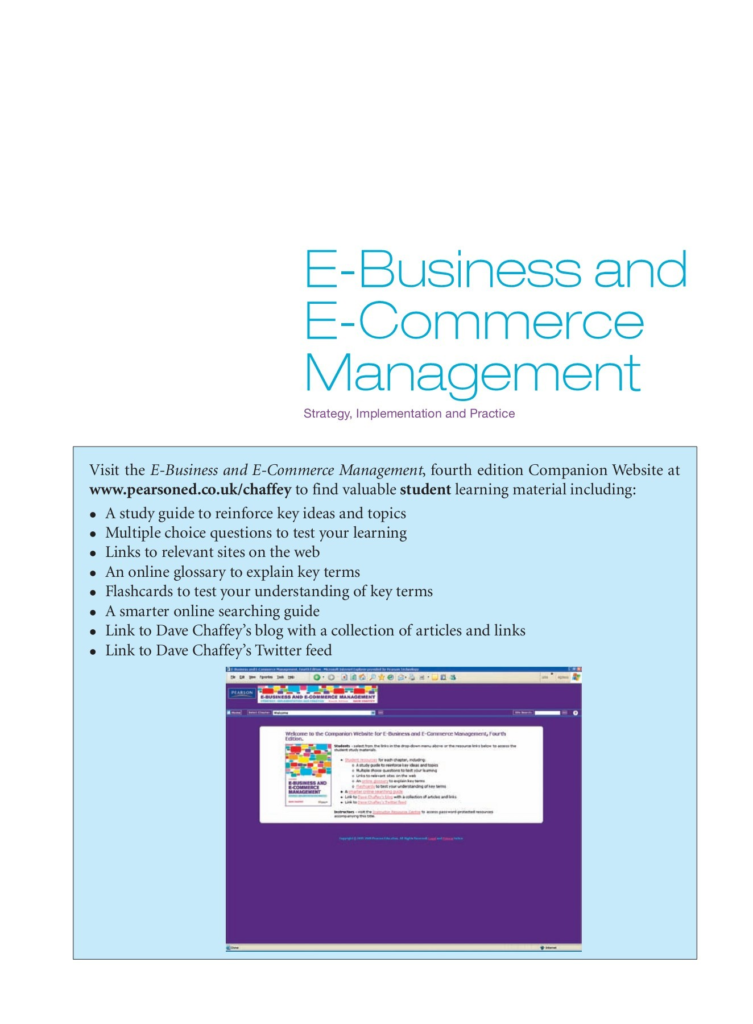AUTHOR : HANIYA SMITH
DATE : 14/09/2023
In today’s digital age, businesses are constantly evolving to keep up with the ever-changing market demands. One significant aspect of this evolution is the need for high-risk payment merchant accounts[1]. In this article, we’ll delve into the world of high-risk payment processing[2], understanding its significance, how it works, and what businesses can do to secure one.
What Is a High-Risk Payment Merchant Account?
A high-risk payment merchant account[3] is a specialized financial tool designed to cater to businesses operating in industries deemed riskier by traditional financial institutions. These industries may include online gaming, adult entertainment, e-cigarettes, and more. The “high-risk[4]“ label arises from factors such as frequent chargebacks, potential legal issues, and volatile market conditions.
The Importance of High-Risk Payment Processing
Facilitating Business Growth
For businesses operating in high-risk industries, securing a reliable payment processing solution is crucial for growth and sustainability. Without a high-risk merchant account[5], these businesses may face numerous obstacles in accepting payments from customers.
Mitigating Risk
High-risk payment processing offers businesses the advantage of risk mitigation. By partnering with specialized payment processors, these businesses can minimize the impact of chargebacks and also fraudulent activities.

How High-Risk Payment Processing Works
Specialized Payment Processors
High-risk payment processing is typically facilitated by specialized payment processors. These processors have experience and expertise in dealing with the unique challenges associated with high-risk industries.
Stringent Underwriting
To qualify for a high-risk merchant account, businesses often undergo a rigorous underwriting process. This process assesses the business’s financial stability, potential risks, and also compliance with industry regulations.
Fee Structure
High-risk merchant accounts may come with higher fees compared to standard merchant accounts.[1]These fees account for the increased risks and challenges associated with the industry also.
Securing a High-Risk Payment Merchant Account
Choose the Right Payment Processor
Selecting the right payment processor is paramount. Businesses should research and also compare processors to find the one that aligns best with their industry and requirements.
Provide Comprehensive Documentation
During the application process, businesses must be prepared to provide comprehensive documentation, including financial statements, business plans, and compliance records.
Maintain Low Chargeback Rates
Payment processors closely monitor chargeback rates. Businesses should implement measures to reduce chargebacks and also maintain a healthy business-to-customer relationship.

The Benefits of High-Risk Payment Merchant Accounts
Access to a Broader Market
With a high-risk merchant account[2], businesses can tap into a broader market of customers who may not have access to traditional payment methods.
Risk Mitigation
By partnering with specialized processors, businesses can effectively mitigate the risks associated with their industry.
Improved Cash Flow
Efficient payment processing ensures that businesses receive payments promptly, improving their cash flow and overall financial stability.
The Key Features of High-Risk Payment Processing
Chargeback Management
One of the primary concerns for high-risk businesses is the potential for chargebacks.
A chargeback is initiated when a customer raises concerns about a transaction and seeks a reimbursement.High-risk payment processors often offer robust chargeback management solutions to help businesses minimize these disputes. This can include fraud detection tools and dispute resolution services.
Fraud Prevention
High-risk industries are more susceptible to fraudulent transactions. Payment processors specializing in these industries employ advanced fraud prevention measures, such as real-time transaction monitoring, to identify and also suspicious activities.This not only safeguards the company but also fosters greater trust among customers.

Global Payment Acceptance
Many high-risk businesses operate on a global scale. High-risk payment processors provide[3] the capability to accept payments in multiple currencies and offer diverse payment methods, allowing businesses to reach customers worldwide.
The Risks and Challenges
Higher Processing Fees
It’s essential for businesses to be aware that high-risk payment processing often comes with higher fees compared to standard merchant accounts. These fees are justified by the increased risks associated with the industry. However, businesses should carefully evaluate the cost-benefit analysis to ensure it aligns with their financial goals.
Rolling Reserves
To further mitigate risk, some high-risk payment processors may implement rolling reserves. This implies that the system holds a percentage of each transaction in reserve for a specified period.
While this can be a temporary cash flow challenge, it helps cover potential chargebacks and disputes.
Regulatory Compliance
High-risk industries often face stricter regulatory scrutiny. Businesses must stay compliant with industry-specific regulations and maintain transparency in their operations. Failure to do so can result in legal issues and the loss of the merchant account.
The Future of High-Risk Payment Processing
As e-commerce and online businesses continue to thrive, the need for high-risk payment merchant accounts will persist. Payment processors will likely continue to innovate, offering even more advanced solutions to meet the unique needs of high-risk industries.
Conclusion
In the fast-paced world of e-commerce and digital businesses, high-risk payment merchant accounts[4]play a pivotal role. They enable businesses in high-risk industries to thrive, grow, and mitigate potential financial challenges. By understanding how these accounts work and the steps to secure one, businesses can embark on a journey towards financial stability and sustainable growth.

FAQs
- What industries are considered high-risk in terms of payment processing? High-risk industries include online gaming, adult entertainment, e-cigarettes, and more.
- How can I choose the right payment processor for my high-risk business? Research and compare payment processors to find one that aligns with your industry and requirements.
- What documentation is required to secure a high-risk merchant account? Businesses must provide comprehensive documentation, including financial statements, business plans, and compliance records.
- How can businesses reduce chargebacks and maintain a healthy customer relationship? Implement measures such as robust customer support, clear refund policies, and fraud prevention strategies.
- What are the fees associated with high-risk payment processing? High-risk merchant accounts may come with higher fees to account for increased risks and challenges in the industry.





